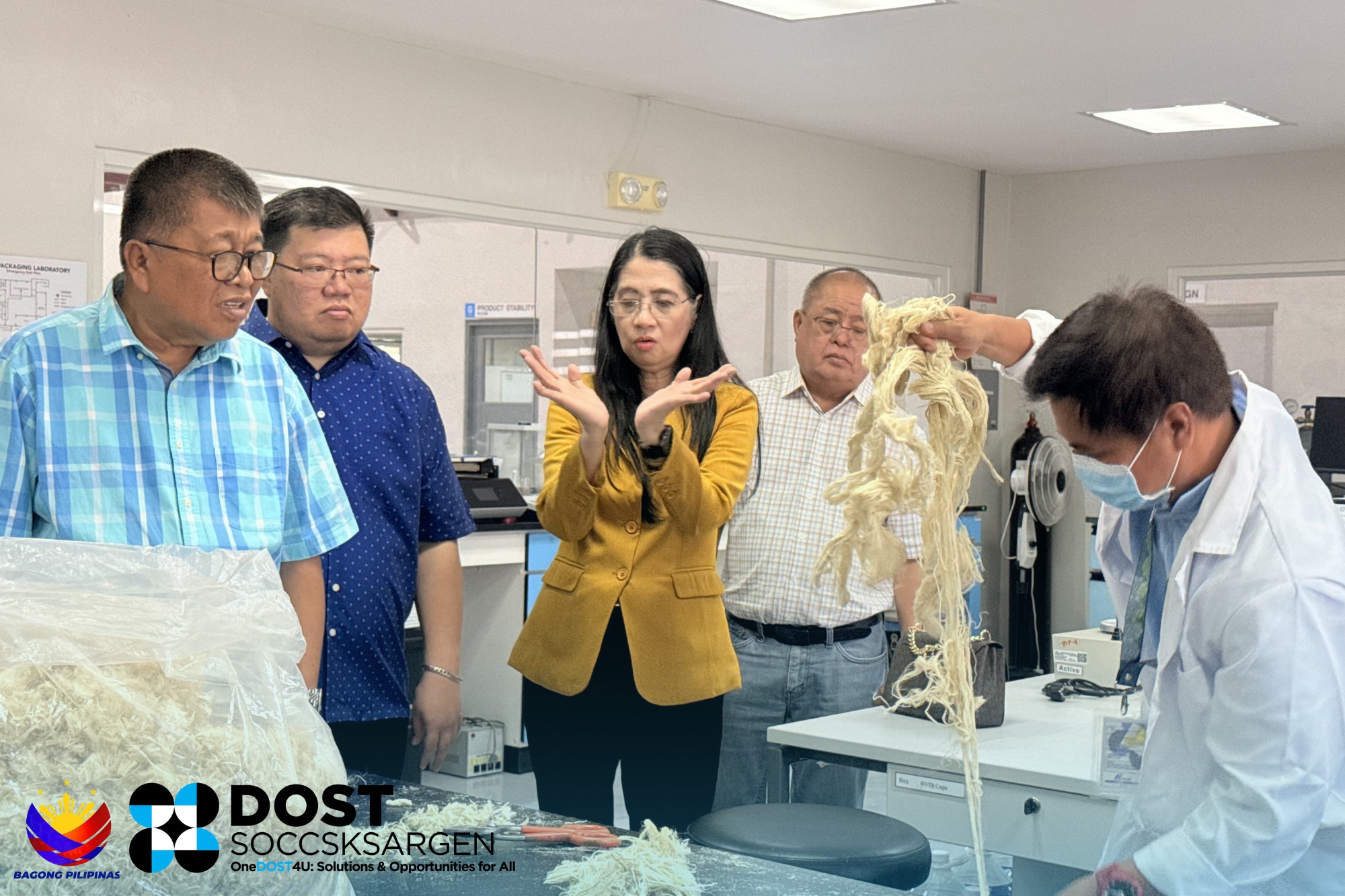HOUSTON, United States – The Pentagon released a study Friday about UFOs, aliens and extraterrestrial intelligence and said it has found no evidence of their existence after investigating sightings of nearly eight decades of unidentified flying objects.
“All investigative efforts, at all levels of classification, concluded that most sightings were ordinary objects and phenomena and the result of misidentification,” said the report, which analyzed government investigations of unidentified anomalous phenomena (UAP) dating to 1945.
The report, mandated by Congress, is dispersed in two volumes of research.
The first is an accumulation of decades-old sightings and the second is focused on more recent research and will be released at a later date, according to Pentagon officials.
While the fascination about UAP sightings in America continues, with conspiracy theories running abound regarding flying saucer landings in Roswell, New Mexico, or aliens being kept at the Area 51 military base north of Las Vegas, Nevada, the Pentagon report said it found no evidence of alien spacecraft, alien life or that the US government and private companies had reverse-engineered extraterrestrial technology and were hiding it.
“The proliferation of television programs, books, movies, and the vast amount of Internet and social media content centered on UAP-related topics most likely has influenced the public conversation on this topic, and reinforced these beliefs within some sections of the population,” according to the study.
A 2021 government report that reviewed 144 sightings of aircraft or other devices apparently flying at mysterious speeds or trajectories found no extraterrestrial links and did not identify any evidence of extraterrestrial life, but officials did call for better data collection.
The authors of the report by the Defense Department’s All-Domain Anomaly Resolution Office (AARO) said the purpose of the study was to apply a rigorous scientific analysis to a subject that has long captured the American public’s imagination.
“AARO recognizes that many people sincerely hold versions of these beliefs, which are based on their perception of past experiences, the experiences of others whom they trust, or media and online outlets they believe to be sources of credible and verifiable information,” the report said. (Anadolu)
















